Penn Integrates Knowledge professor George Demiris takes a two-pronged approach to research: One examines the family caregivers of hospice patients, their stress and anxiety levels, and their input into the decision-making process. The second relates to technology and aging, specifically smart homes and how passive-monitoring systems—sensors that track motion, for instance—can figure into someone’s life.
Articles from Michele W. Berger
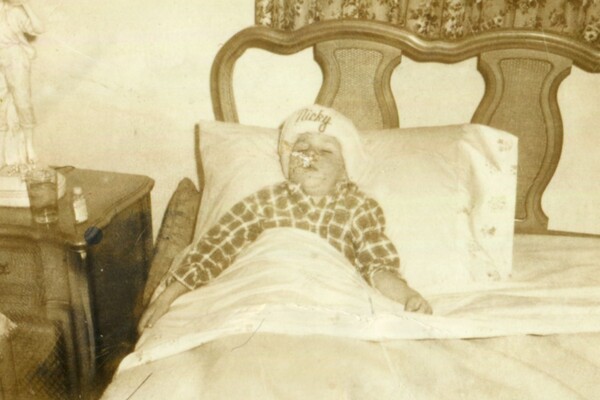
A new book from Nursing professor Cynthia Connolly looks at “candy aspirin” and other case studies surrounding development, use, and marketing of children’s meds in the 20th century.
‘Candy aspirin,’ safety caps, and the history of children’s drugs

Melissa G. Hunt is the associate director of clinical training in the Department of Psychology in the School of Arts & Sciences. She is also author of the book “Reclaim Your Life from IBS: A Scientifically Proven Plan for Relief without Restrictive Diets.”
New ‘match’ streamlines clinical training experience for psych graduate students
Criminologist Charles Loeffler led a team of researchers that looked at wrongful convictions in the prison population as a whole. The results represent the first such estimate for crimes across the spectrum, from retail theft to murder.
Wrongful convictions reported for 6 percent of crimes

Sociologist Steve Viscelli studies the trucking industry. A report publishing soon looks at what effect driverless trucks will have on the industry as a whole.
Science fiction or the future of trucking?
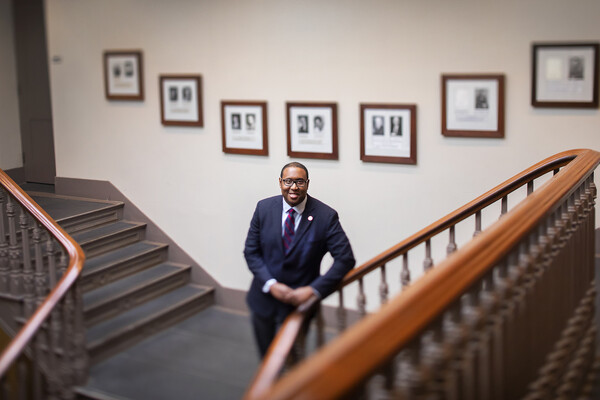
Quayshawn Spencer, an assistant professor in the philosophy department, studies the philosophy of science, biology, and race.
Race has a place in human genetics research, philosopher argues
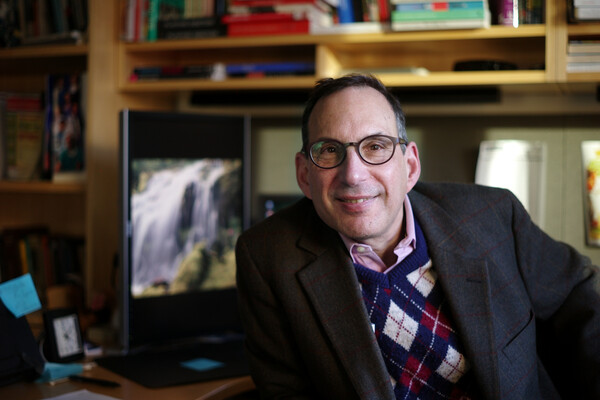
Joseph Turow, a researcher in the Annenberg School for Communication at Penn.
Political leanings dictate feelings about surveillance of low-income populations
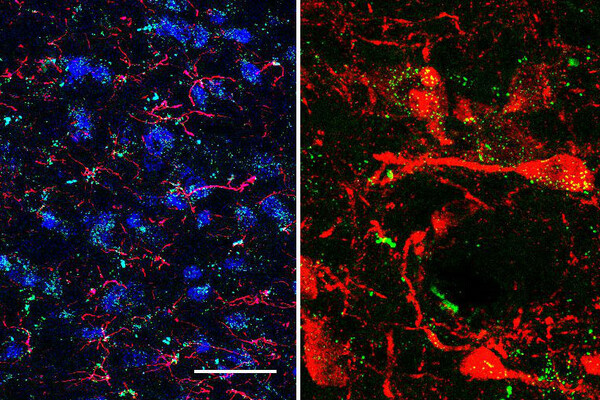
The green fluorescent ‘dots’ above show where Exendin-4, an FDA-approved drug used to treat diabetes and obesity, ends up in the brain. The drug activates receptors for glucagon-like peptide 1 or GLP-1, a hormone that reduces food intake. The blue and red coloring indicate neurons and astrocytes, respectively.
A potential new weapon in the battle against addiction

For the second consecutive year, Penn Campus Recreation brought a company called Aqua Vida to Sheerr Pool to run an hour-long floating yoga class—posing and breathing atop paddle boards.
Working the core without making a splash
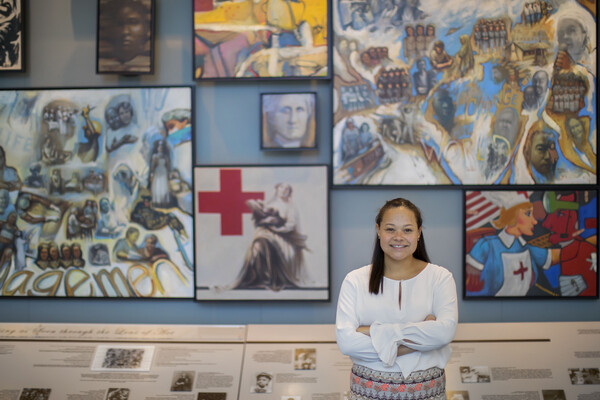
Alaina Hall, one of the 2018 President’s Engagement Prize winners and a School of Nursing senior. She is beginning her initiative, “Healthy Pequeños,” or “Healthy Little Ones,” at one of the homes of Nuestros Pequeños Hermanos orphanage, but has hopes it will expand to all 15 others within the organization. If that happens, she’ll reach nearly 3,200 children.